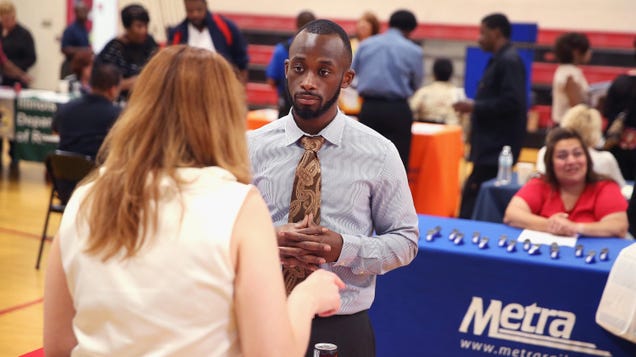History. It's an intricate weave of facts, experiences, and narratives. At its heart, history is about stories. But what if the stories we've been told are missing some key threads? What if the collective narrative has gaps, silent places where voices have been overlooked or erased? Today, we peel back the layers of one such silent place: the story of Afro-Indigenous identity in the Americas.
Afro-Indigenous communities embody a rich tapestry of cultural expressions, histories, and traditions. These communities, born of African and Indigenous roots, have navigated a unique path, intersecting at the crossroads of two vibrant, resilient cultures. But what does this intersection mean? How have Afro-Indigenous communities helped shape the Americas, and how are they challenging our understanding of identity?
Despite their vibrant presence, the stories of Afro-Indigenous people remain largely untold in the annals of history. These are the narratives of individuals who navigate the complexities of dual identity, carrying the ancestral wisdom of two continents, spanning deserts, jungles, mountains, and oceans. They encapsulate centuries of shared experiences—stories of resistance, adaptation, creativity, and survival.
Over centuries, Afro-Indigenous communities have been the vanguard of cultural innovation, shaping the Americas' art, music, cuisine, language, and spiritual practices. From the Maroon communities of Jamaica, who defied colonization and built societies of their own, to the Garifuna of Central America, renowned for their music and communal ethos—these stories need to be heard.
We must dig deeper, dive into the research, the oral histories, the cultural records, and the living narratives that continue to unfold today. Our exploration will take us across time, tracing the African diaspora's journey, the Indigenous peoples' persistence, and the remarkable blending of these two worlds.
Why does this matter? It's simple. To understand the Afro-Indigenous narrative is to challenge the monolithic views of race and identity. It is to accept that identity is not confined to neat categories but is instead a complex, ever-evolving landscape of experiences, expressions, and histories.
This exploration is not about re-writing history. It's about expanding it—making space for the voices that have long been silenced, to enrich our understanding of who we are, individually and collectively. The Afro-Indigenous narrative is a testament to resilience and adaptation, a celebration of cultural fusion, and a powerful reminder that identity is a layered, multifaceted concept.
As we unravel the complex history of Afro-Indigenous identity, we foster a space for dialogue, understanding, and connection. We don't just look back; we also look forward, recognizing the role of Afro-Indigenous communities in shaping the future. After all, history is not merely the past. It's the foundation for the world we create tomorrow.


